EU says it has serious concerns about Biden's Inflation Reduction Act
The European Union has "serious concerns" about the U.S. Inflation Reduction Act, saying it breaches international trade rules, according to an official document seen by CNBC.
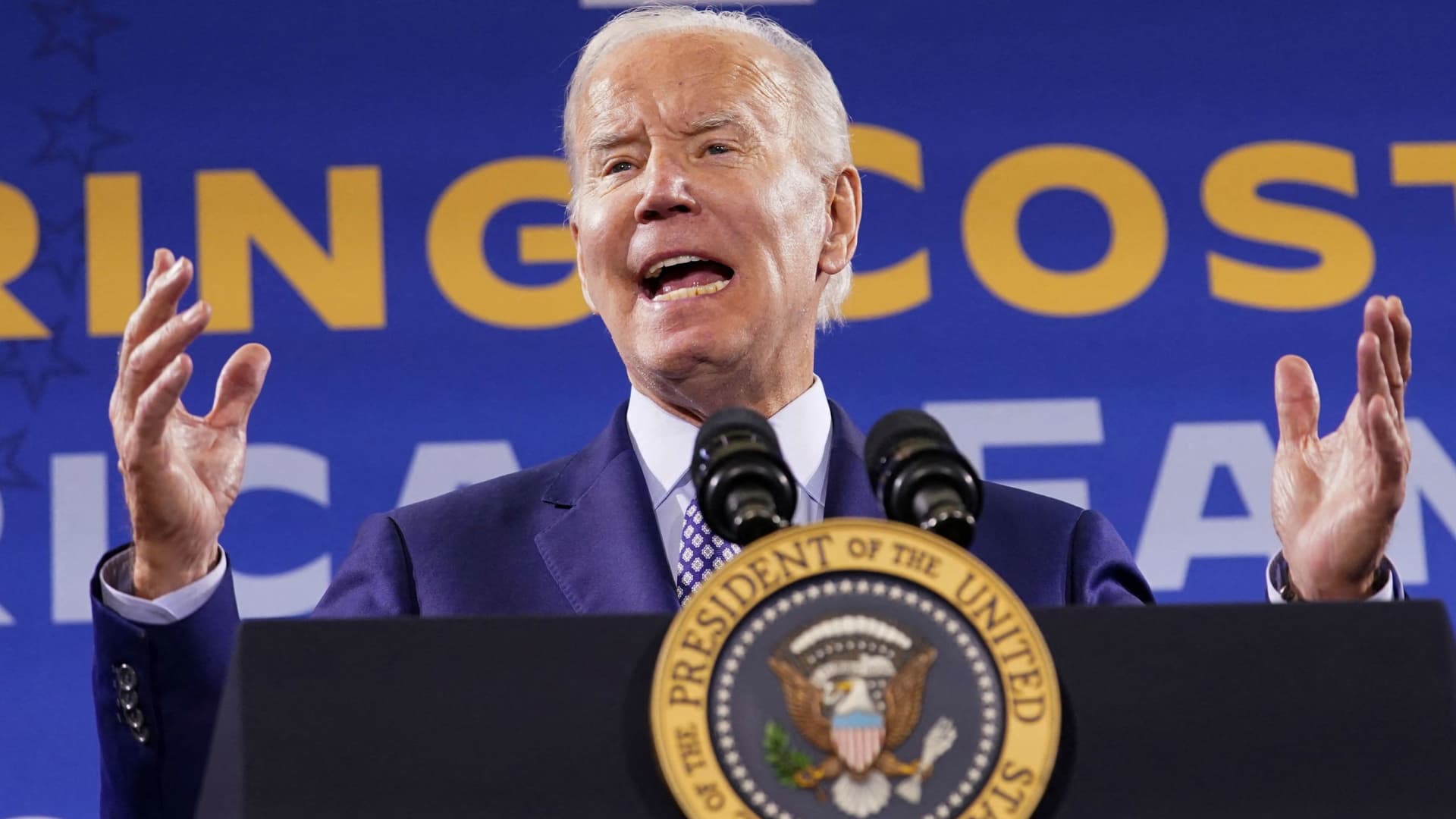
U.S. President Joe Biden.
Kevin Lamarque | Reuters
BRUSSELS — The European Union has "serious concerns" about the U.S. Inflation Reduction Act, saying it breaches international trade rules, according to an official document seen by CNBC.
The sweeping tax, health and climate bill was approved by U.S. lawmakers in August and includes a record $369 billion in spending on climate and energy policies. The landmark package comprises tax credits for electric cars made in North America and supports U.S. battery supply chains.
European officials have acknowledged the green ambitions associated with the package, but they are worried about "the way that the financial incentives under the Act are designed," the document, which will be presented to U.S. officials, says. The EU listed nine of the tax credit provisions that it has an issue with.
Speaking in Brussels, the EU's trade chief said: "We have established a taskforce to deal with these issues ... we are currently concentrating on finding a negotiated solution."
"Hopefully, there is willingness from the U.S. to address the concerns which we are having in the EU side," Valdis Dombrovskis told CNBC.
The Office of the U.S. Trade Representative was not immediately available for comment when contacted by CNBC Monday. The U.S Treasury highlighted an article from last month where U.S. Treasury Secretary Janet Yellen said she had heard about the concerns, but played down the chances of any changes to the package.
Speaking in Brussels, several European finance ministers also highlighted their concerns over the measures stateside.
"We are concerned about the consequences due to the Inflation Reduction Act," Christian Lindner, the German finance minister, told CNBC, saying "our common approach should be that value partners should stay preferred trade partners," he said.
When asked if the solution would be to start working on a new trade deal with the U.S., Lindner said: "We should be open for it, if both sides agree but at the moment we have to analyze the Inflation Reduction Act with its consequences for our industries. And we have to inform the U.S. side about our serious concerns, I am not sure they are aware of our concerns in the way we are concerned."
This is not the first time that Europe has voiced its concerns over the policy. The EU's competition chief, Margrethe Vestager, said last month that "as a matter of principle, you should not put this up against friends," as reported by the Financial Times.
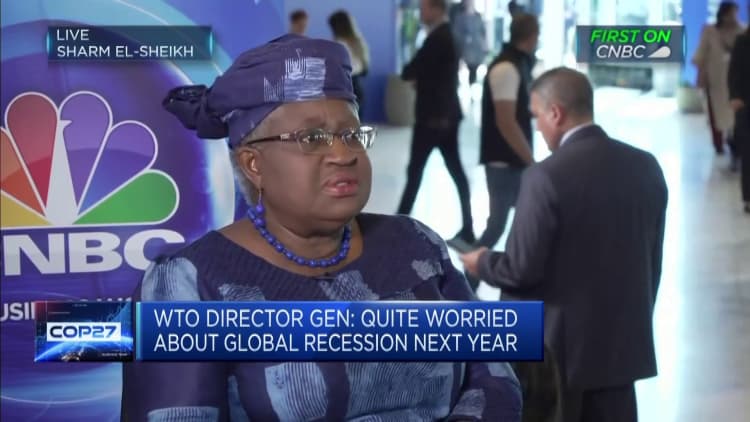
In essence, the EU is worried about potential new trade barriers on European electric vehicle producers. And they are not the only ones, South Korea, for instance, has also brought up the same concern.
Ngozi Okonjo-Iweala, director general of the World Trade Organization, said Monday that countries need to be "very careful that whatever policies are taking should not be discriminatory, should not favour domestic goods."
Speaking to CNBC's Dan Murphy at the COP27 climate summit in Egypt, she recognized that some nations feel the "subsidies that are being given for the electric vehicles may be discriminatory against their own electric vehicle production."
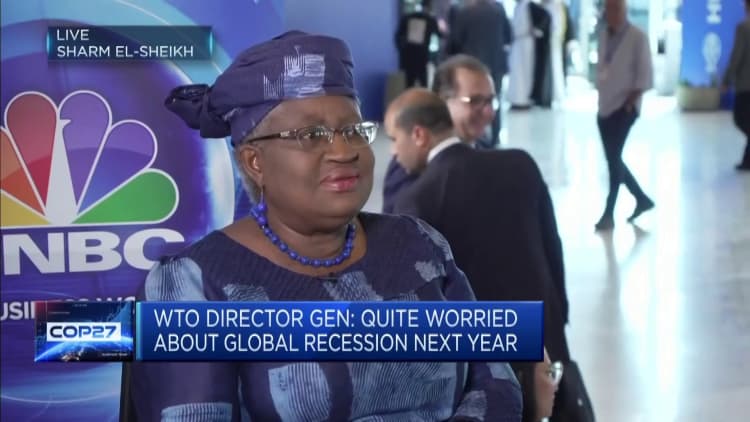

 AbJimroe
AbJimroe 







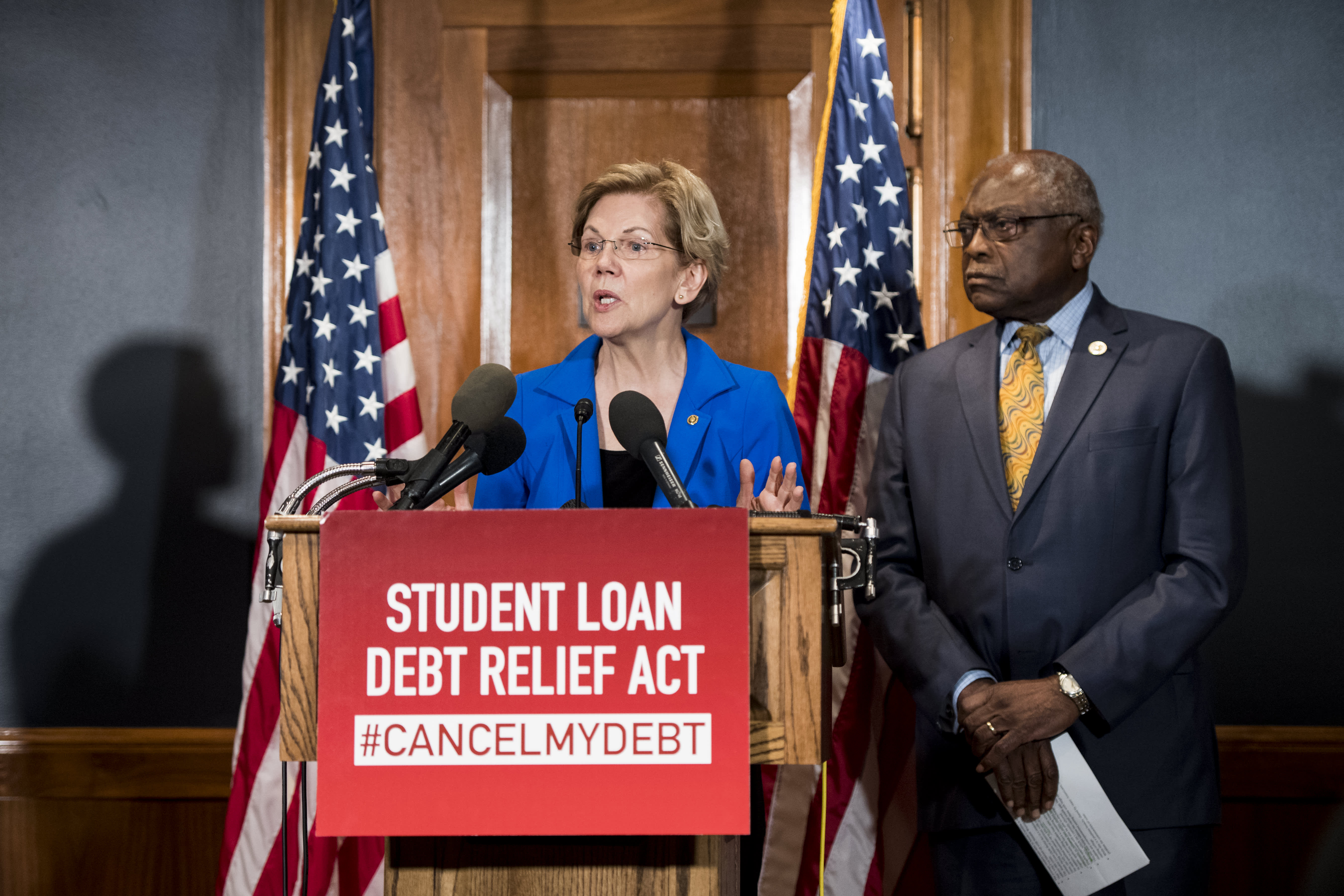



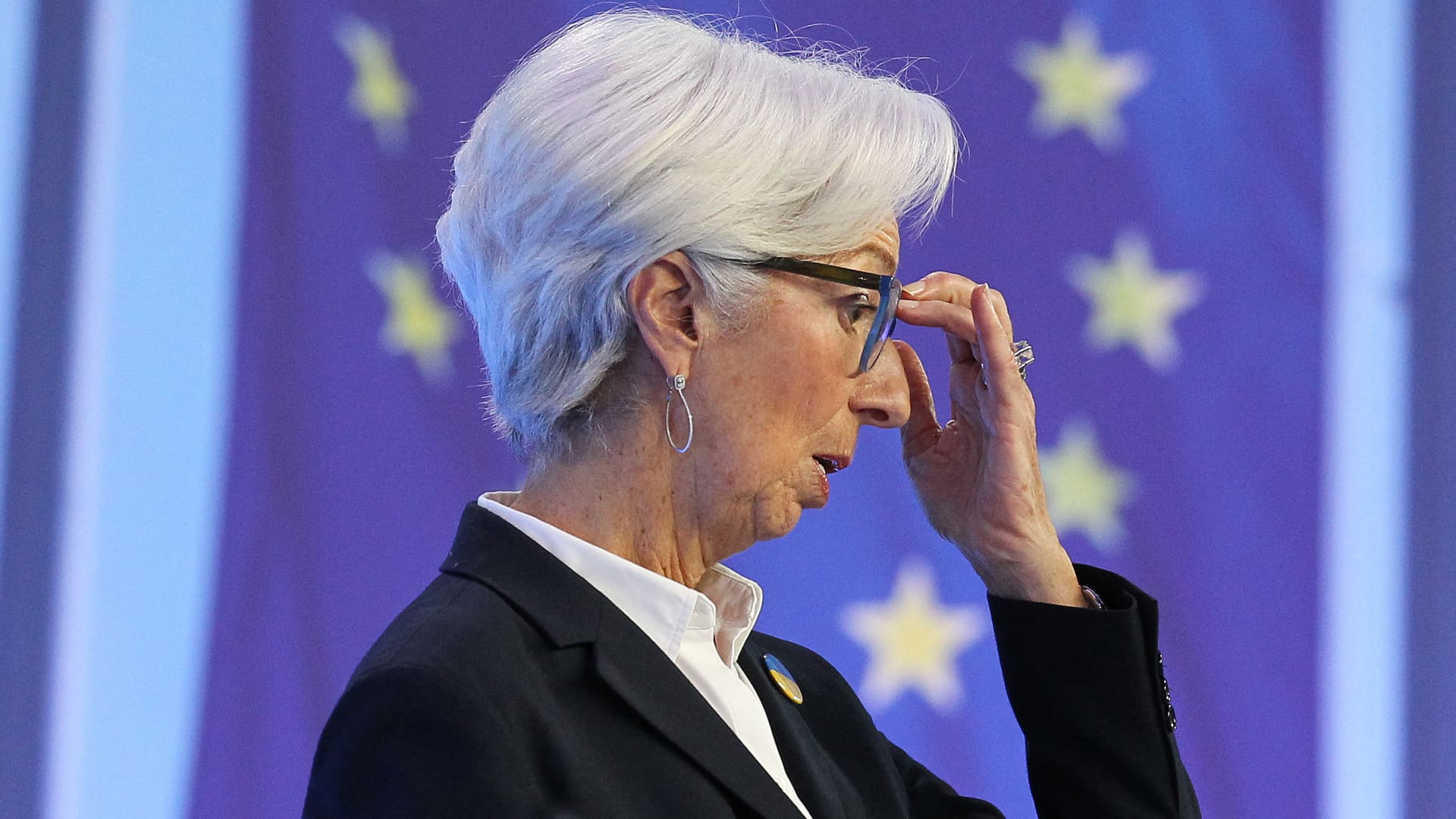













.jpeg&h=630&w=1200&q=100&v=a905e78df5&c=1)





